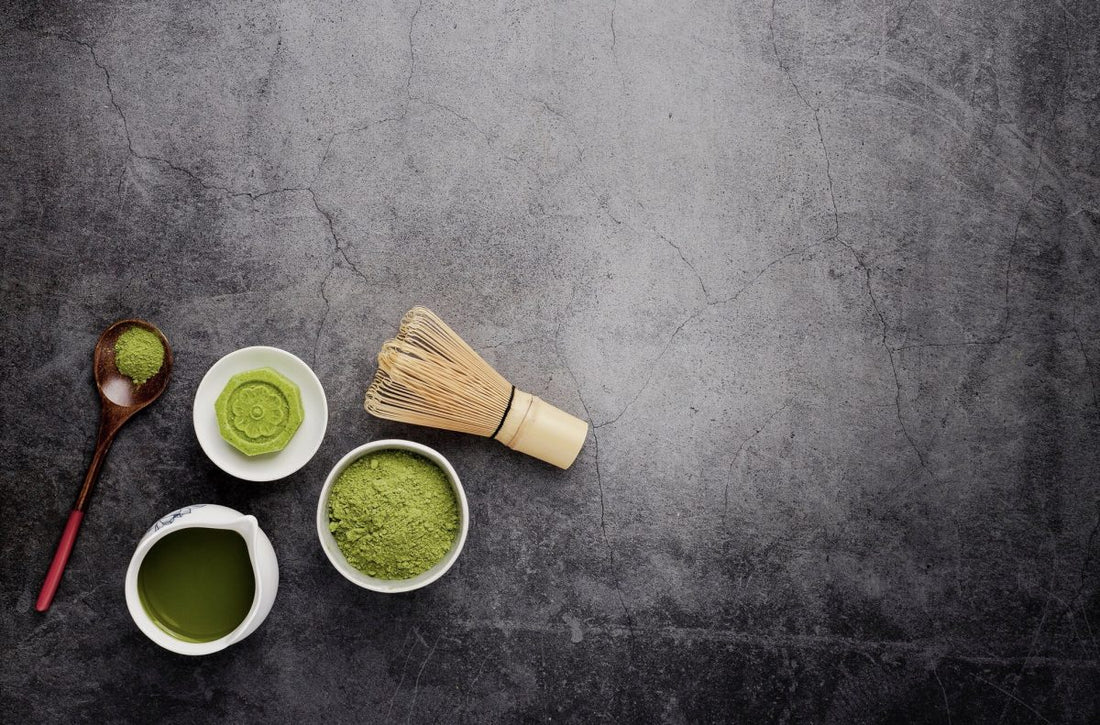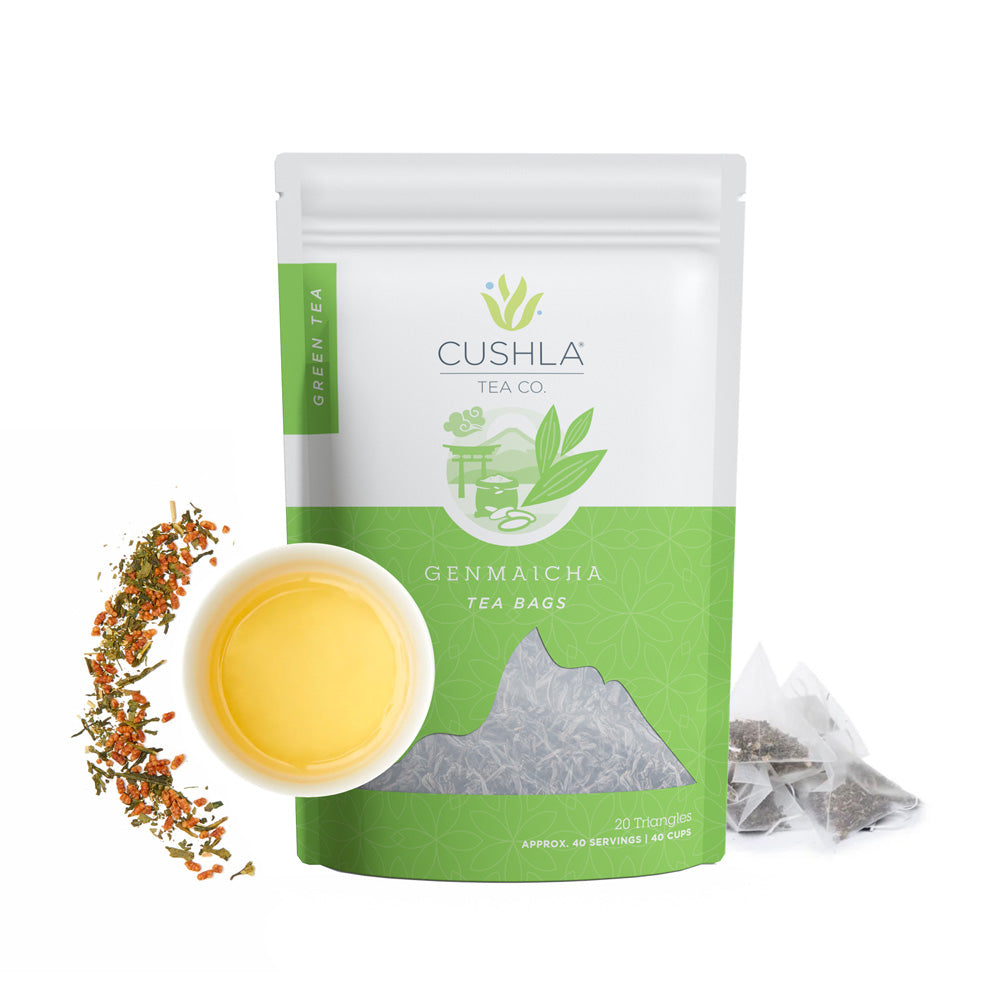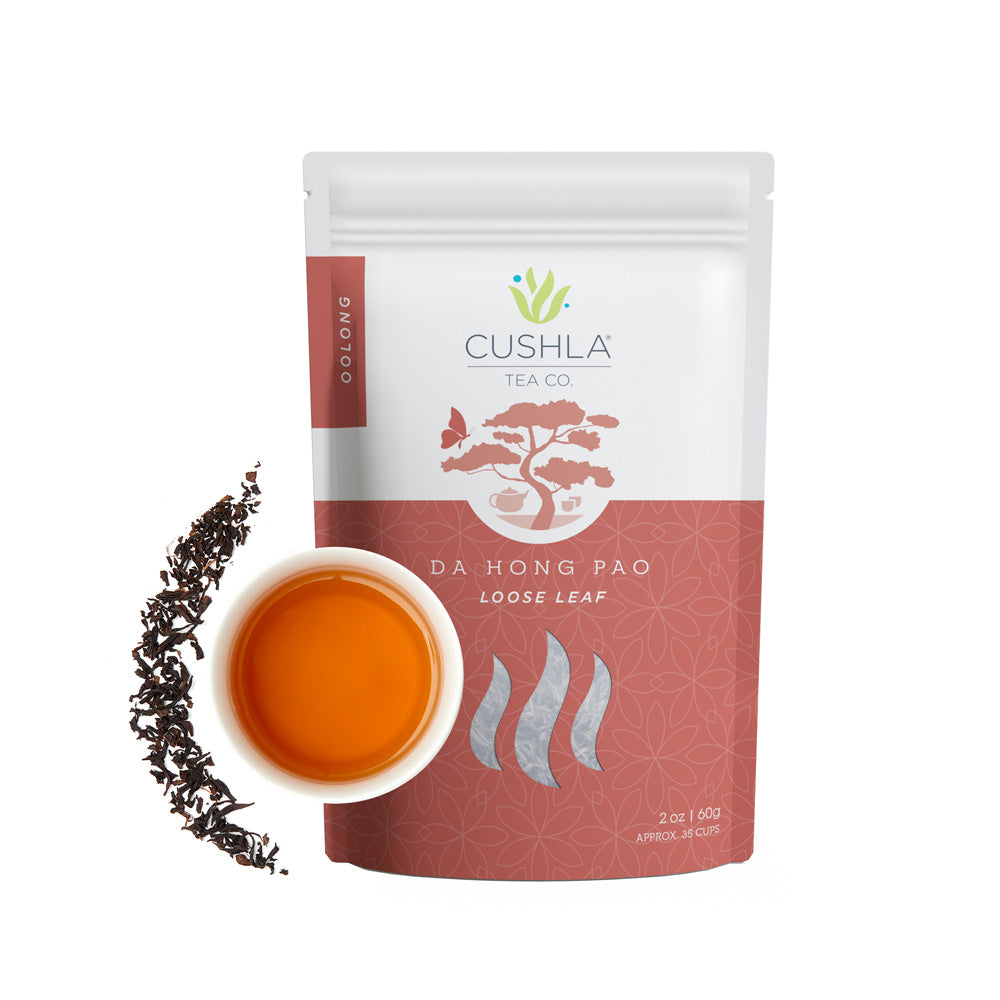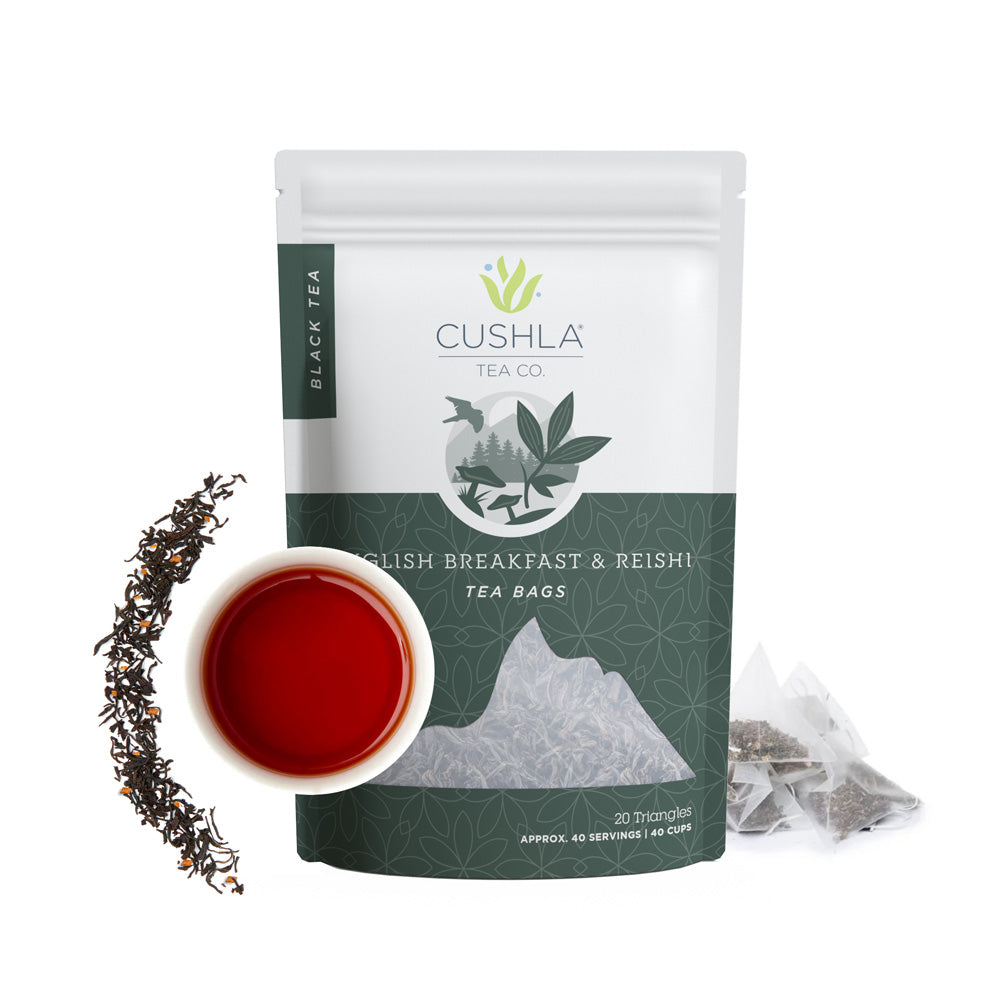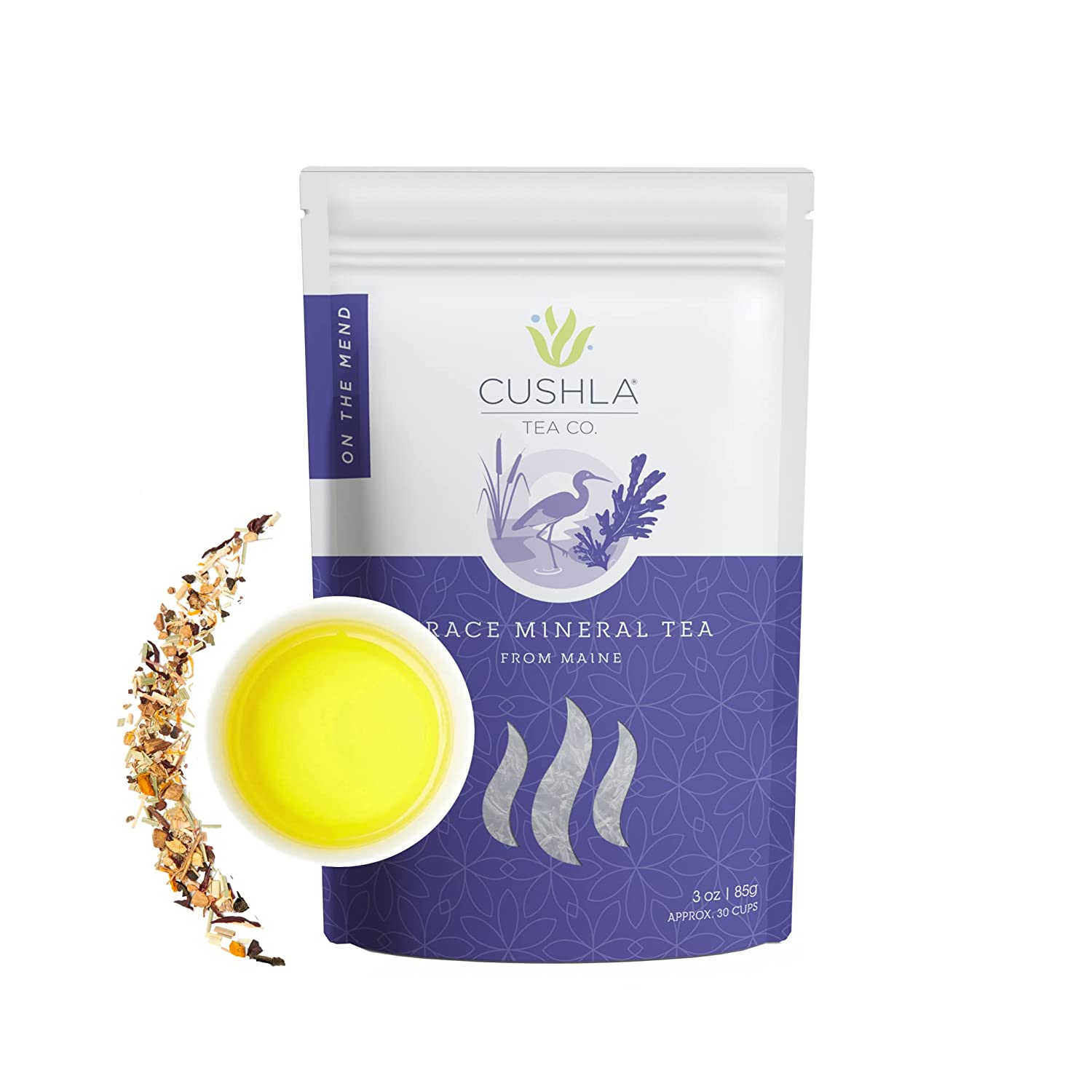Powdered teas, also known as matcha, have been a staple in Japanese tea ceremonies for centuries. While whole leaf has been enjoyed for just as long, there has been a recent surge in popularity for powdered beverages. Despite being processed differently, powdered teas and whole leaf teas can share similar flavors, making them both a delicious option for tea lovers.
One of the main differences between powdered and whole leaf teas is the processing method. Whole leaf teas are made by plucking the leaves of the tea plant, Camellia sinensis, and allowing them to wither, then rolling and drying them. Powdered versions, on the other hand, are made by grinding the leaves into a fine powder, resulting in a concentrated and smooth texture. The way the tea is processed affects the flavor profile, with whole leaf teas often being described as more nuanced and complex, while powdered teas have a bold and intense flavor.
Despite these differences, both powdered teas and whole leaf teas can offer similar flavor profiles, depending on the type of tea and the quality of the leaves used. For example, high-quality green teas, whether whole leaf or powdered, will have a fresh and vegetal flavor, with notes of grass and seaweed. Black teas, whether whole leaf or powdered, will have a robust and full-bodied flavor, with notes of chocolate and spices.
Another factor that affects the flavor of tea, whether whole leaf or powdered, is the growing conditions. Teas grown at high elevations will have a more delicate flavor, while teas grown in low-lying areas will have a stronger flavor. This means that even within the same tea category, there can be variations in flavor based on where the tea was grown.
In addition to the type of tea and growing conditions, the way tea is brewed can also affect the flavor. Whole leaf teas are typically brewed by steeping the leaves in hot water for a specific amount of time, while powdered teas are made by whisking the powder with hot water until it is frothy. This creates a thicker and creamier texture in the final product, which can add to the intensity of the flavor. The brewing time and temperature can also affect the flavor, with longer brewing times and higher temperatures resulting in a stronger flavor.
Powdered versions can also offer some unique health benefits due to their high concentration of antioxidants and other nutrients. These nutrients can help support overall health and wellness, making powdered teas a nutritious addition to your daily routine.
To sum it up, powdered teas and whole leaf teas can offer similar flavor profiles, depending on the type of tea and the growing conditions. While the processing method and brewing technique can affect the flavor, both types of tea can offer a delicious and satisfying experience for tea lovers. Whether you prefer the nuanced and complex flavors of whole leaf teas or the bold and intense flavors of powdered types, there is a tea out there for everyone to enjoy.

